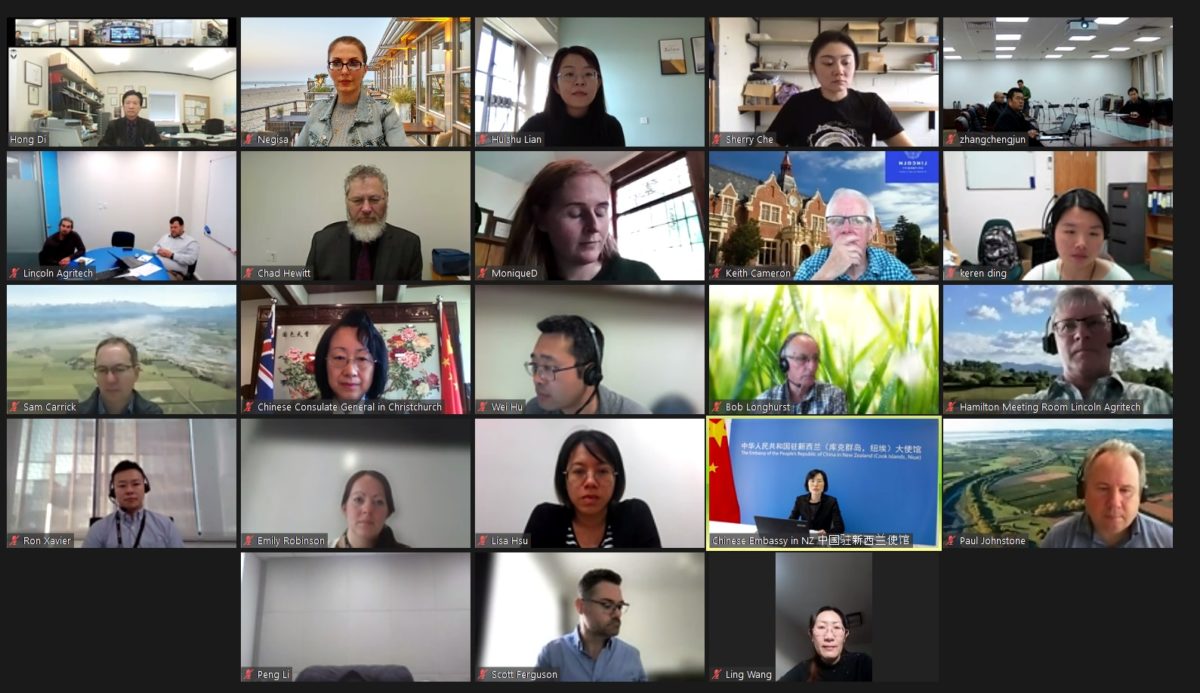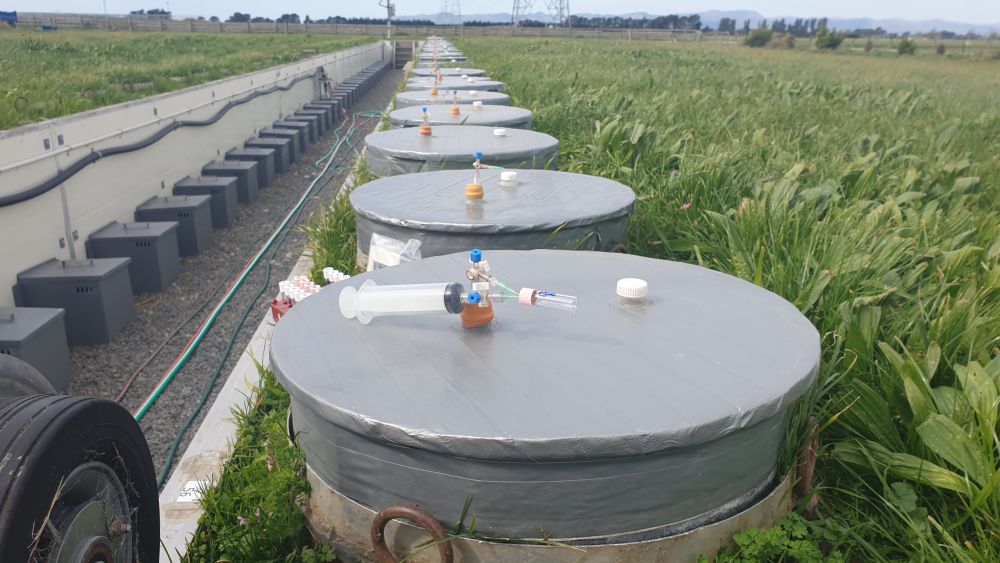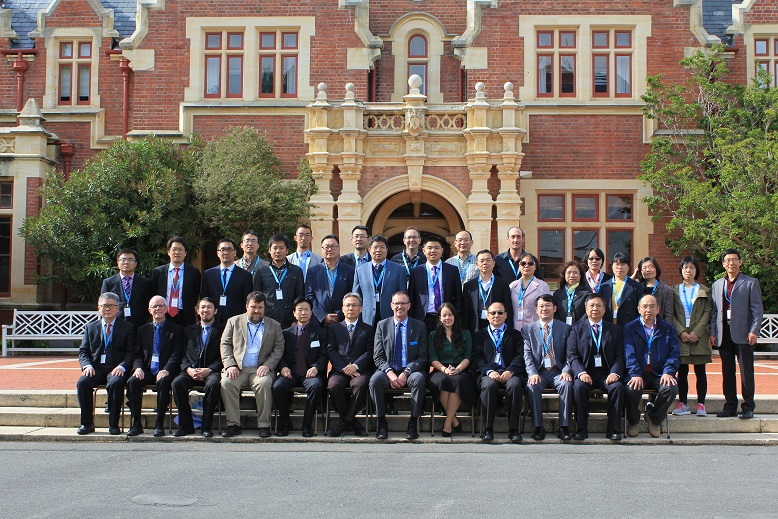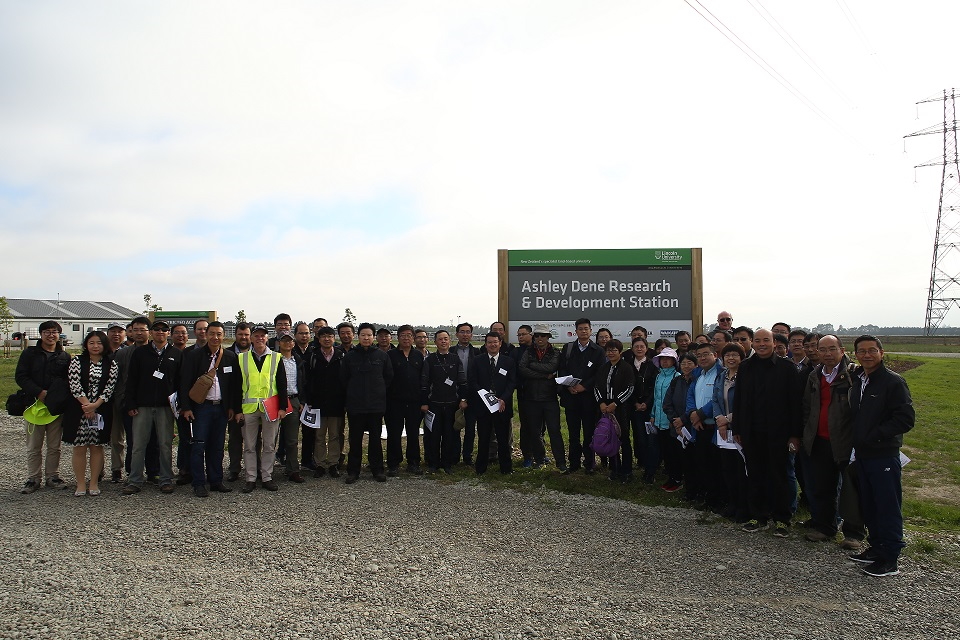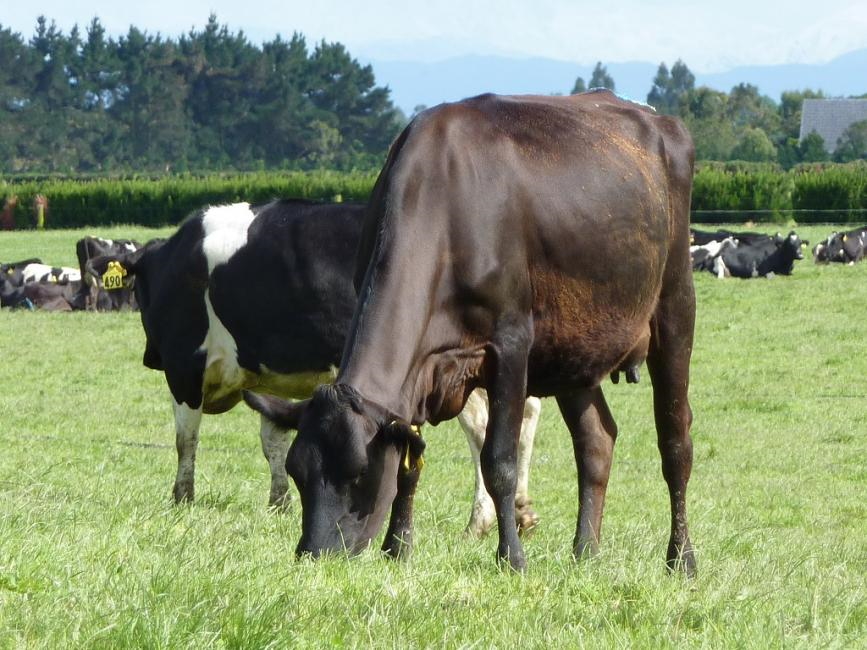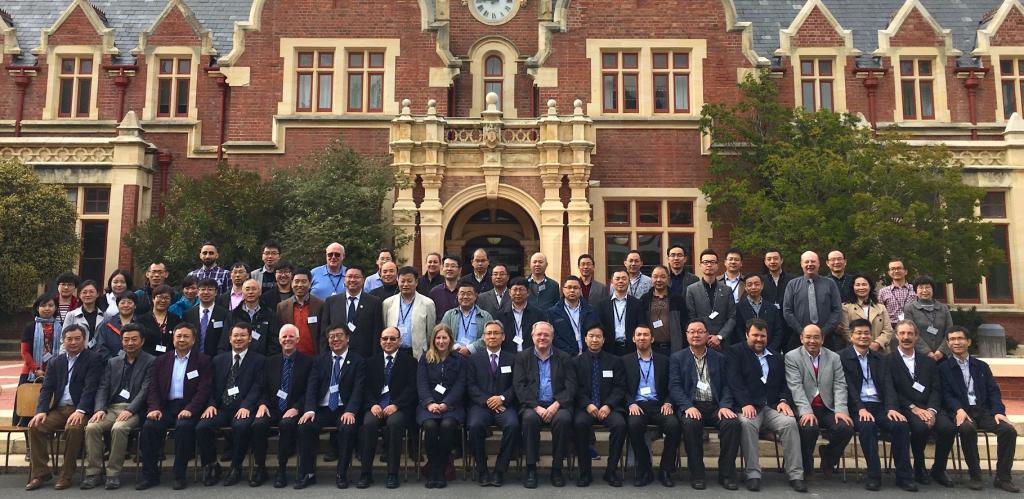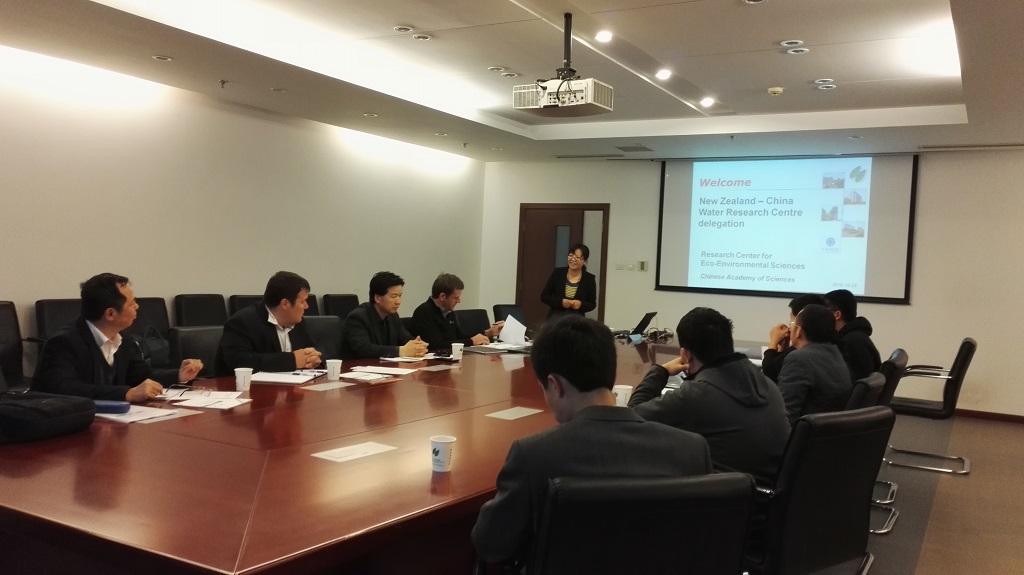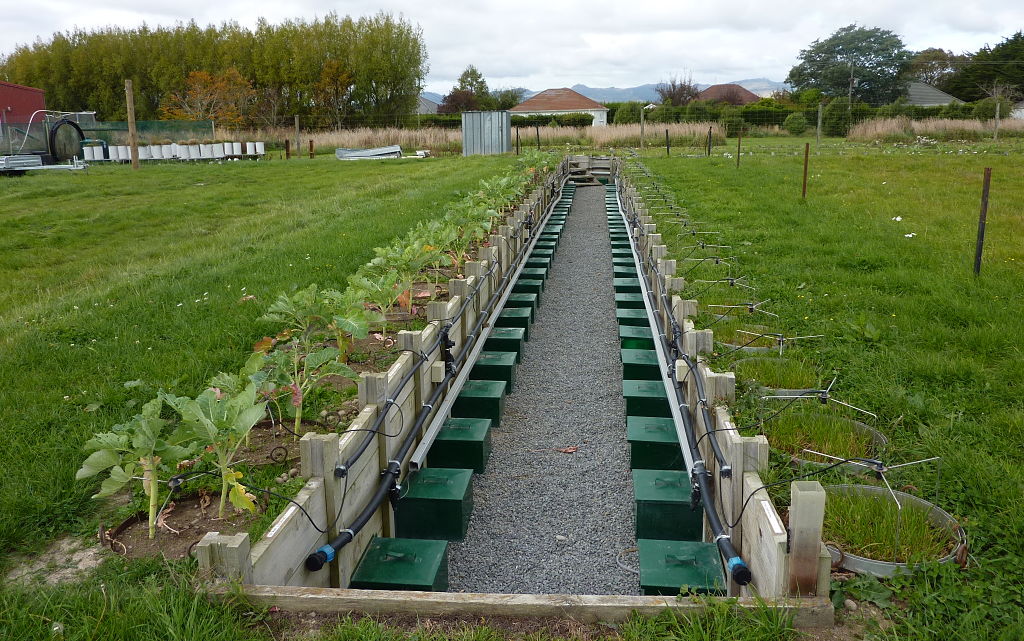A major online workshop was held for Chinese and New Zealand scientists to share their latest water and climate change research and discuss strategies to strengthen collaborations between scientists in the two countries. More than 50 delegates from New Zealand and China attended, and 26 presentations were made.
New Zealand and Chinese government representatives that attended the workshop included:
- Emily Robinson, Principal Policy Advisor from the Ministry of Business, Innovation, and Employment.
- Ron Xavier, Science Consul in the New Zealand Embassy in Beijing.
- Her Excellency Consul General Ying He and Education Consul Jian Shen from the Chinese Consulate General in Christchurch.
- Science Consul Min Gu in the Chinese Embassy in Wellington.
Emily Robinson, Consul General He, and Consul Gu addressed the workshop on behalf of the New Zealand and Chinese governments.
Professor Chad Hewitt, Provost of Lincoln University, also attended the workshop and delivered a welcome speech.
Representatives from both New Zealand and China emphasized the value of the China Research Centres (CRCC) in promoting greater cooperation between scientists from the two countries.
The subjects discussed included nutrient losses and water contamination, water use management, manure management, greenhouse gas emissions, climate change, nutrient cycling, and microbial communities.
This workshop has improved research understanding between New Zealand and Chinese research teams and provided additional encouragement for closer collaboration to address some critical water quality and quantity issues and climate change concerns. One of the most encouraging aspects of the virtual workshop was the large number of junior scientists. Involvement of young scientists in partnership activities is essential for building long-term collaborations.

